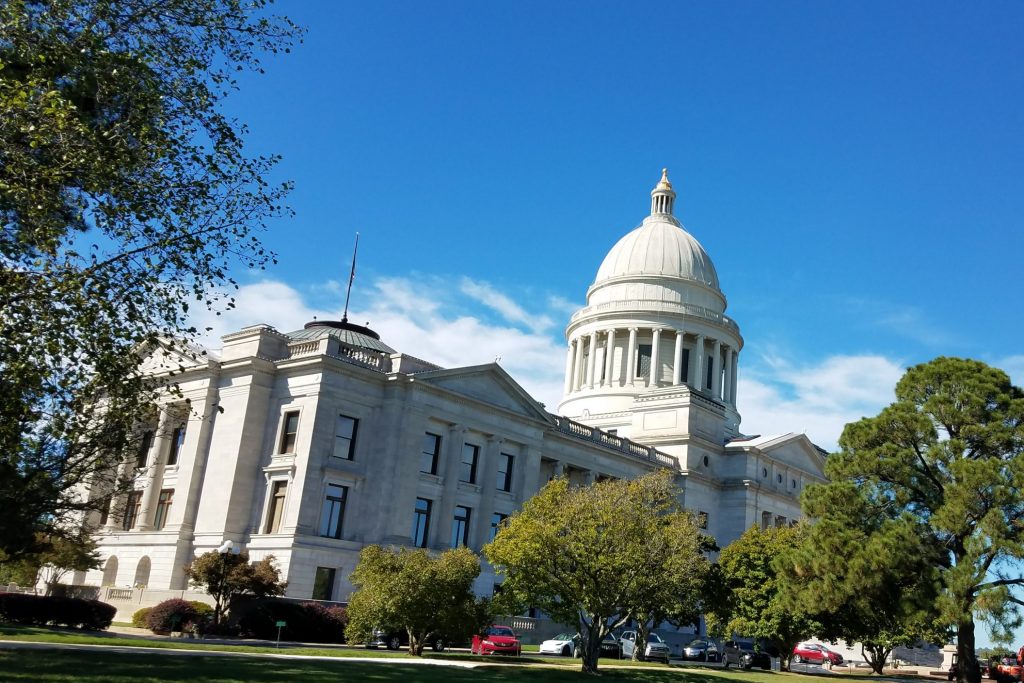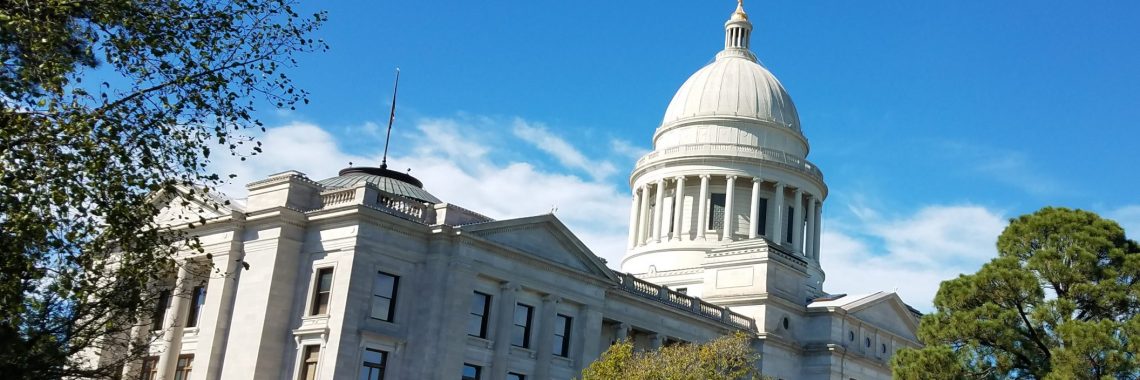Legislation Filed to Protect Religious Liberty in Arkansas

Legislation filed at the capitol on Thursday would help further protect the free exercise of religion in Arkansas.
H.B. 1615 by Rep. Robin Lundstrum (R — Elm Springs) and Sen. Gary Stubblefield (R — Branch) would ensure that faith-based adoption and foster care providers, religious organizations, and religious individuals are not penalized for living out their deeply held religious convictions.
The bill also provides legal protections for professionals, students, and state employees who act according to their religious convictions.
In 2015 Gov. Hutchinson signed Arkansas’ Religious Freedom Restoration Act into law to safeguard the free exercise of religion in Arkansas. In 2023 lawmakers passed additional legislation to further strengthen this good law.
Time and again, wedding venues, bakeries, photography studios, florist shops, and others have come under fire, because their owners wanted to operate according to their deeply held convictions.
Our laws must protect religious liberty as much as possible. H.B. 1615 improves on good state laws to help prevent the government from burdening the free exercise of religion in Arkansas.
If enacted, H.B. 1615 would provide Arkansans with some of the best religious freedom protections in the nation. That would be something to celebrate.
Articles appearing on this website are written with the aid of Family Council’s researchers and writers.





